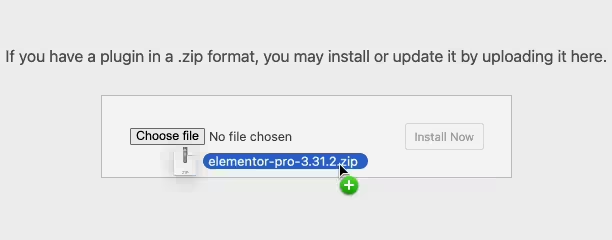Custom User Registration Fields
Updated on: December 5, 2025
Version 2.2.0

Single Purchase
Buy this product once and own it forever.
Membership
Unlock everything on the site for one low price.
Product Overview
Custom User Registration Fields is a versatile WordPress plugin designed to enhance your user registration process. With this tool, you can easily add personalized fields to your registration forms, allowing you to collect the specific information that matters most to you. Whether you're running a membership site, an online store, or a community forum, this plugin provides the flexibility you need to tailor your user experience. Plus, it seamlessly integrates with your existing WordPress setup, ensuring a smooth implementation. What makes it stand out is its user-friendly interface that simplifies field management, making it accessible even for those with minimal technical knowledge.
Key Features
- Drag-and-drop form builder for easy customization
- Add unlimited custom fields to your registration forms
- Supports various field types, including text, dropdowns, checkboxes, and more
- Conditional logic to show/hide fields based on user input
- Seamless integration with popular membership and eCommerce plugins
- User-friendly interface that requires no coding skills
- Instant notifications for new registrations with custom data
- Option to export user data for further analysis
Installation & Usage Guide
What You'll Need
- After downloading from our website, first unzip the file. Inside, you may find extra items like templates or documentation. Make sure to use the correct plugin/theme file when installing.
Unzip the Plugin File
Find the plugin's .zip file on your computer. Right-click and extract its contents to a new folder.

Upload the Plugin Folder
Navigate to the wp-content/plugins folder on your website's side. Then, drag and drop the unzipped plugin folder from your computer into this directory.

Activate the Plugin
Finally, log in to your WordPress dashboard. Go to the Plugins menu. You should see your new plugin listed. Click Activate to finish the installation.

PureGPL ensures you have all the tools and support you need for seamless installations and updates!
For any installation or technical-related queries, Please contact via Live Chat or Support Ticket.